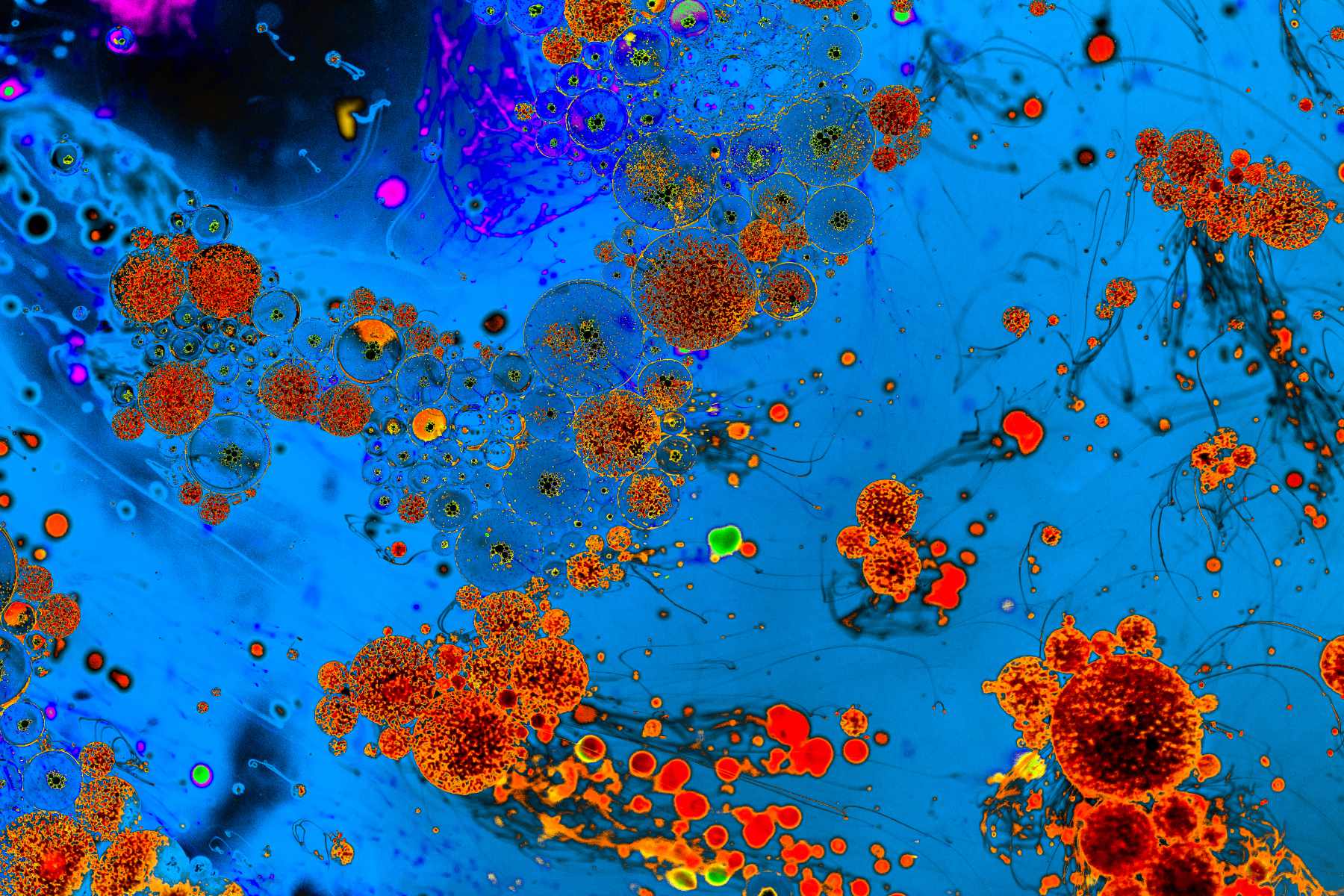Did you know that ChatRx uses advanced AI to diagnose Genital herpes and prescribe medications as needed?
**Not for emergency use. Care is provided with physician oversight. AI assists clinical workflow only. For concerning or urgent symptoms, call 911.

Genital herpes is a highly contagious viral infection that primarily affects the genital and anal areas. It is caused by the herpes simplex virus (HSV), which can be transmitted through direct sexual contact with an infected individual or contact with sores or fluids from the infected area. While genital herpes is a lifelong condition, with proper management and treatment, individuals can minimize outbreaks and reduce the risk of transmission to partners.
Do you feel like you have Genital herpes? No worries, just use the ChatRx AI-powered system to assess your symptoms!
The ChatRx Free Symptom Checker is Available!
What is Genital Herpes?
- A highly contagious viral infection affecting the genital and anal areas
- Caused by the herpes simplex virus (HSV), which can be transmitted through sexual contact
- A lifelong condition that requires ongoing management and treatment
Causes of Genital Herpes
- Direct sexual contact with an individual who has an active herpes outbreak
- Contact with sores or fluids from the infected genital or anal area
- Reactivation of the virus in individuals who have previously been infected
Preventing Genital Herpes
- Use barrier methods, such as condoms, during sexual activity
- Avoid sexual contact during active outbreaks or when symptoms are present
- Communicate openly with sexual partners about herpes status and testing
Symptoms of Genital Herpes
- Painful, fluid-filled blisters or sores in the genital, anal, or surrounding areas
- Itching, burning, or tingling sensations in the affected areas
- Flu-like symptoms, such as fever, body aches, and swollen lymph nodes
Treating Genital Herpes
- Antiviral medications, such as acyclovir, valacyclovir, or famciclovir, to manage outbreaks and reduce viral shedding
- Topical creams or ointments to alleviate pain and discomfort during outbreaks
- Supportive care, such as keeping the affected area clean and dry
Self-Care for Genital Herpes
- Avoid touching or picking at sores, as this can worsen the infection and increase the risk of spreading
- Apply cool compresses or use over-the-counter pain relievers to alleviate discomfort
- Maintain good hygiene and avoid sexual contact during active outbreaks
Antiviral Medications for Genital Herpes
- Acyclovir, valacyclovir, or famciclovir, as prescribed by a healthcare provider
- These medications help manage outbreaks, reduce viral shedding, and lower the risk of transmission
Risk Factors for Genital Herpes
- Unprotected sexual activity with multiple partners
- History of other sexually transmitted infections
- Weakened immune system due to underlying medical conditions or certain medications
Genital herpes is a persistent viral infection that can be effectively managed with the right treatment and preventive measures. By understanding the causes, symptoms, and appropriate care for this condition, individuals can take steps to minimize outbreaks, reduce the risk of transmission, and maintain a good quality of life.
Yes, viral shedding can occur even when no symptoms are visible. The virus can spread during periods called “asymptomatic shedding” when the infected person shows no signs but can still transmit the infection. This is why consistent prevention methods are important.
Not sure about your risk? Get a quick AI medical assessment through ChatRx to understand your symptoms better.
Initial symptoms usually develop 2-12 days after exposure, though some people may not notice their first outbreak for months or years. The first outbreak often includes more noticeable symptoms than subsequent ones and may last longer.
Actually, outbreaks typically become less frequent and less severe over time. The first year usually has the most outbreaks, with frequency generally decreasing afterward. Many people find their outbreaks become milder and shorter as their immune system adapts.
Yes, stress can trigger outbreaks because it affects your immune system. Other common triggers include:
- Illness or fever
- Hormonal changes
- Physical strain
- Lack of sleep
- Certain medications
Experiencing possible symptoms? Use ChatRx’s AI-powered platform for a confidential initial assessment.
Pregnancy with genital herpes is manageable with proper medical care. Healthcare providers can implement specific precautions and monitoring, especially during the third trimester and delivery, to protect both mother and baby.
Not at all. Many people with herpes maintain healthy romantic relationships. Success often depends on open communication, understanding transmission risks, and using appropriate precautions.
Yes, you can use pools and hot tubs. The virus doesn’t spread through water, but it’s best to avoid these activities during active outbreaks when the skin is more sensitive and susceptible to irritation.
If you have an active outbreak, postpone your massage. Otherwise, the virus isn’t spread through casual contact. Focus on maintaining good personal
